Disappointment has its consequences, even in politics. To read Washington Post reporter Robert Samuels’ take on the temperature among black voters, they might be skeptical of a third Barack Obama turn even with Obama himself. After organizing frantically to get Obama elected twice, these voters have been left disillusioned — and not inclined to invest themselves in the next Democratic Party nominee:
Nightclubs were registering voters. Churches held fish fries after loading buses that ferried parishioners to the polls. A truck hoisted a big sign that said “Obama.” And residents waited in long lines at precincts across the community.
But as Motley and some friends sought shade recently under a mulberry tree and looked across the landscape of empty lots and abandoned houses that has persisted here, they wondered whether they would ever bother voting again.
“What was the point?” asked Motley, 23, a grocery store clerk. “We made history, but I don’t see change.” …
“At least with Obama, he gave pride to our young men and was a good role model,” said Daniel “Happy Jack” Cobb Jr., 73, the owner of Happy Jack’s Grocery and Market on Jacksonville’s north side. “Hillary needs to prove to us that she’s genuine and really true. And I’m not even sure that would help. We’ve been snakebitten too many times before.”
It’s important to see what this article does not say. It does not state that the African-American demographic is poised to switch to the GOP. It doesn’t even argue that most of the people to whom Samuels spoke will not end up voting for Hillary Clinton. Indeed, some of them sound as though they are leaning toward doing just that.
The difference between now and then comes down to enthusiasm rather than choice. Samuels notes that the organizational energy behind both Obama campaigns came in significant part from African-American communities hoping to make history, and succeeding at that much. That didn’t sustain itself nearly as much as Obama had hoped, however, with the total vote falling by four million in the 2012 election. Enthusiasm waned even with Obama on the ticket, and without an Obama to rally behind, there seems to be little reason for it to remain even at 2012 levels.
Jonathan Chait argues that the safe-state strategy reported by the New York Times last week makes sense for that reason:
If Clinton suffers a heavy drop-off among young or nonwhite voters, she is in danger of losing. That is why her campaign is focused on preventing that very thing from happening. Brooks is arguing that Clinton is stupid to focus on mobilizing the Democratic base, because if she fails to mobilize the Democratic base, she will lose. That is not how strategy works.
Of course, all general-election campaigns run “50-state strategies” to some extent. Ad buys take place even in safe states, if for no other reason to generate donations and volunteers, but resources and time allocations will center on swing states and swing constituencies. Chait’s certainly correct in this case, and his review of the 1992 campaign’s priorities accurately makes that point. However, what that misses is the way Obama leveraged the enthusiasm among black voters to go after the younger voters, the blue-collar white voters, and the low-turnout voters, especially in 2008. Obama didn’t need to spend tons of resources ginning up enthusiasm there, so he could focus elsewhere and win a broad victory over John McCain while establishing the emotional connection with voters across the board that ended up providing him his margin of victory in 2012, too.
Hillary Clinton doesn’t provide emotional connections in these communities, not like Obama did, and not even like Bill Clinton did in 1992. She will have to spend time and money trying to re-engage those voters that she needs to spend elsewhere, leaving a gap that Republicans can and will exploit. Furthermore, for disillusioned voters in these communities, buying into a 23-year veteran of the Beltway will not regenerate that enthusiasm. That’s not change, but a demand to endorse the status quo that will be a tough sell to these voters. All of this points to a very different electorate in 2016 than we have seen in the past two presidential cycles, and that could mean big trouble for Democrats.
It could mean big opportunities for Republicans, too, if they recognize the opening and embrace it with personal connections, and not just data-collection techniques. Can they do that? It may mean the difference between victory and defeat in 2016.

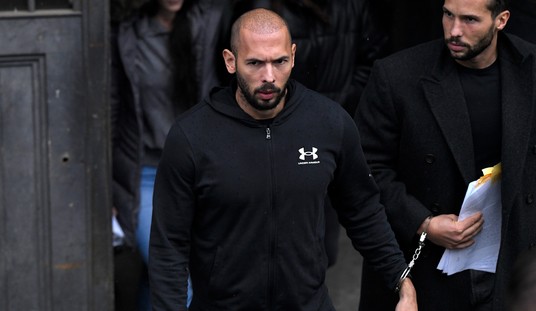
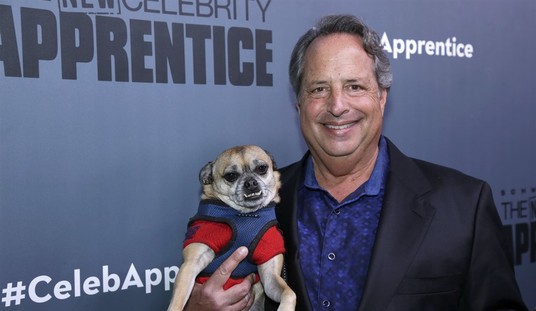
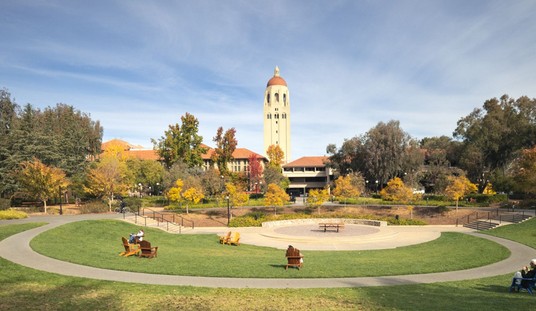

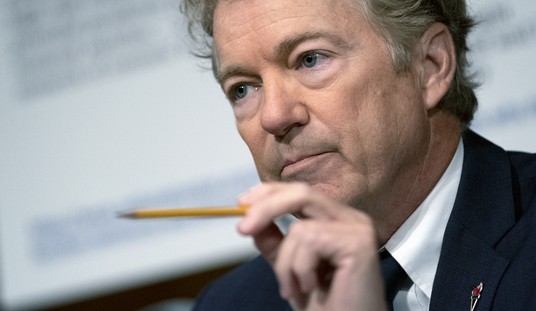
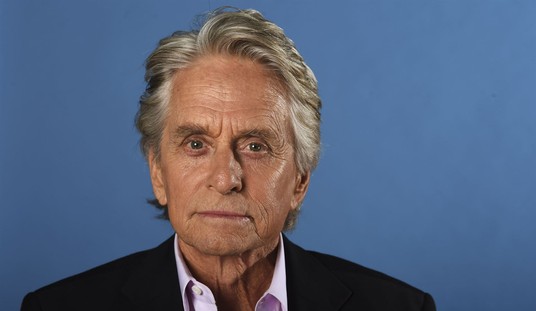
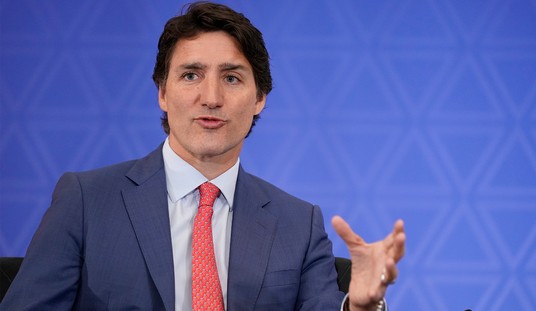
Join the conversation as a VIP Member